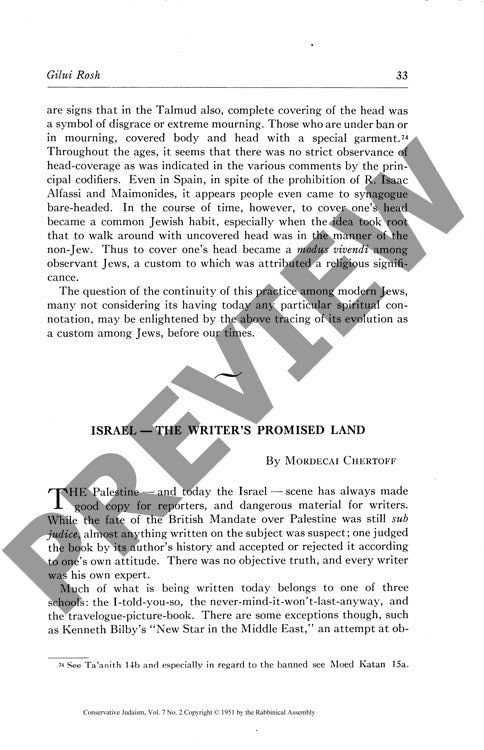Israel the Writers Promised Land
Couldn't load pickup availability
From ancient head coverings to UN voting records, seemingly disparate aspects of Jewish life reveal a pattern of pragmatic adaptation guided by consistent principles. Head-covering customs, though widely perceived as foundational Jewish law, emerged gradually as a means of religious distinction - not divine mandate. Analysis of Talmudic sources and medieval rabbinical commentaries demonstrates that complete head coverage initially signified disgrace or mourning, with observance varying substantially across times and communities. This evolution parallels Israel's early diplomatic strategy at the United Nations, where the young state maintained a careful "non-identification" with major power blocs while steadfastly supporting democratic values. Through systematic examination of diplomatic speeches, voting records, and positions on crucial issues like Korean War support and Chinese recognition, Israel's foreign policy proves more nuanced than purely "Machiavellian" interpretations suggest. Textual analysis of religious codifiers' writings and comprehensive review of UN activities reveal how both religious customs and diplomatic practices reflected sophisticated navigation of external pressures while preserving core principles - a pattern often overlooked in contemporary scholarship.

More Information
-
Physical Description
-
Publication Information
Published 1951
ISBN
-
Publication Credits
Mordecai Chertoff

